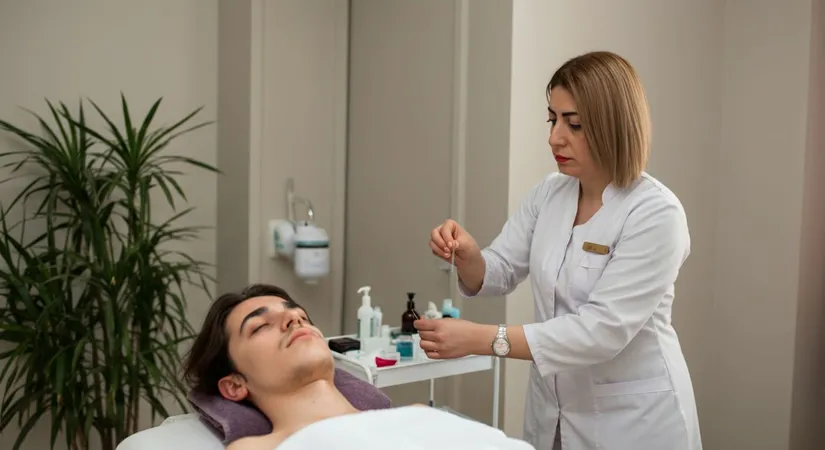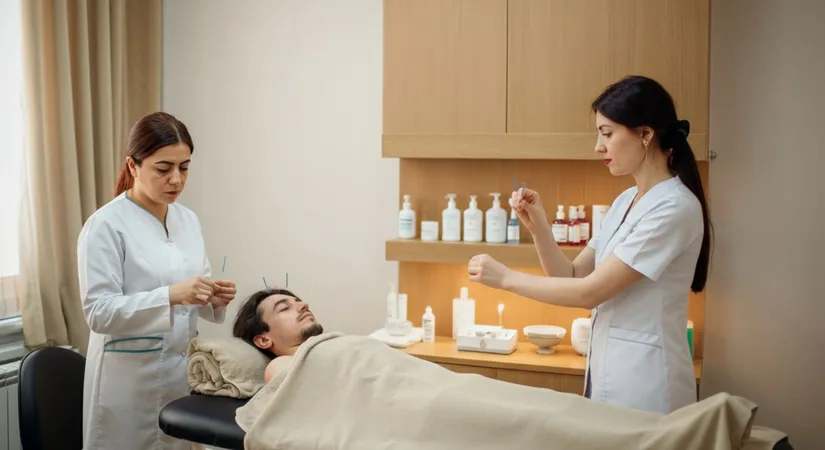Plastic Surgery: Revolutionizing Health and Wellness with Advanced Techniques
Discover the ancient practice of acupuncture and its benefits for holistic healing. Learn about its history, how it works, and how to integrate it with modern medical treatments.
Acupuncture: Unlocking the Secrets to Holistic Healing
Acupuncture is an ancient practice that has been used for centuries to promote holistic healing. This blog will delve into the history, science, and benefits of acupuncture, as well as how it can be integrated with modern medical treatments. We will also provide tips on choosing the right acupuncturist and what to expect during a session.
The History and Origins of Acupuncture
Acupuncture has its roots in traditional Chinese medicine, dating back over 2,500 years. It was developed as a way to balance the body's energy, or Qi, by inserting thin needles into specific points on the body. These points correspond to various organs and systems, promoting overall health and well-being.

How Acupuncture Works: The Science Behind the Practice
Acupuncture works by stimulating specific points on the body, known as acupoints, to release natural painkillers and improve blood flow. Modern research has shown that acupuncture can influence the nervous system, immune system, and endocrine system, providing a scientific basis for its effectiveness in treating various conditions.

Benefits of Acupuncture for Physical and Mental Health
Acupuncture offers numerous benefits for both physical and mental health. It can help alleviate chronic pain, reduce stress and anxiety, improve sleep quality, and boost the immune system. Additionally, acupuncture has been shown to be effective in treating conditions such as migraines, arthritis, and digestive disorders.
Integrating Acupuncture with Modern Medical Treatments
Many healthcare providers now recognize the value of integrating acupuncture with modern medical treatments. This holistic approach can enhance the effectiveness of conventional therapies, reduce side effects, and promote faster recovery. Patients undergoing treatments for cancer, for example, may find relief from chemotherapy-induced nausea and pain through acupuncture.
What to Expect During an Acupuncture Session
During an acupuncture session, the practitioner will assess your health and identify the appropriate acupoints to target. Thin, sterile needles are then inserted into these points, typically causing minimal discomfort. Sessions usually last between 30 to 60 minutes, and multiple sessions may be needed to achieve optimal results.
Choosing the Right Acupuncturist: Tips and Considerations
When selecting an acupuncturist, it's important to consider their qualifications, experience, and approach to treatment. Look for practitioners who are licensed and certified by reputable organizations. Additionally, reading reviews and seeking recommendations from trusted sources can help you find a skilled and reliable acupuncturist.